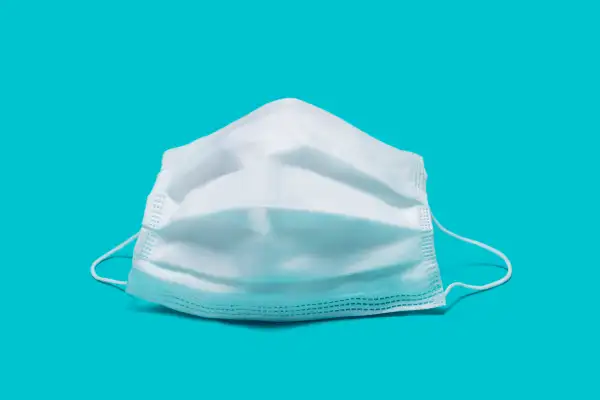Can You Use Your FSA and HSA to Buy Masks? The IRS Just Quietly Changed the Rules

The money you’ve put toward your stockpile of face masks, gloves, hand sanitizer and more may end up back in your pocket soon enough.
The IRS announced on Friday that amounts paid toward personal protective equipment (PPE) for “the primary purpose of preventing the spread” of COVID-19 are eligible to be paid or reimbursed through flexible spending accounts (FSAs), health savings accounts (HSAs) and health reimbursement accounts (HRAs).
The new amendment allows FSA and HSA providers to retroactively allow any claims for COVID-19 protective gear purchased after January 2020 and through the end of December 2022 to be paid out or reimbursed, a category which was not broadly covered until now.
According to Rachel Rouleau, vice president of compliance for Health-E Commerce, the change allows FSA and HSA users to buy masks, hand sanitizer and sanitizing wipes without restrictions, as long as the costs for these items are to help prevent the spread of COVID-19.
An FSA or HSA allows enrollees and their dependents to set aside pre-tax dollars in order to pay for qualifying health expenses, which are outlined by the IRS. While the 2020 CARES Act expanded what was eligible to be paid or reimbursed, including over-the-counter medication and period-related products like pads or tampons, masks and sanitization products had previously been excluded.
Up until now, despite the fact that 33 states plus D.C. and Puerto Rico require face masks to be worn in public, the only items directly linked to the coronavirus crisis that qualified were at-home coronavirus test kits. Certain other products and services tied to symptoms of COVID-19, including thermometers, co-pays for doctors’ visits and heating pads, have also been eligible for repayment. The latest announcement allows items directly-related to the pandemic like paper and cloth masks, hand sanitizer and sanitizing cleaning supplies to be included as well.
Advocates have been pushing for some time to make coronavirus-related PPE eligible to be paid out through an FSA or HSA, noting the disconnect between the Centers for Disease Control and Prevention’s mask recommendations and the lack of assistance for purchasing them. In September of last year, Rep. John Curtis (R-UT) introduced a bill allowing face coverings and sanitizers to be counted as medical expenses, but it was never voted on or passed.
Under the new guidelines, an FSA user can only be reimbursed for spending that occurred during the current plan year unless their employer opted to extend their employees' grace period. In that case, FSA holders "may be able to retroactively file for reimbursement for eligible purchases as of January 2020," says Rouleau.
HSA users have more flexibility: As long as the qualified purchases were made after the account was created, account holders can reimburse themselves at any time. Just be sure to save your receipts for tax purposes.
More from Money:
'I Can Do This Myself.' A New Generation Is Ditching Convention and Changing How America Buys Homes
Drivers May Soon Get More Money Back From Car Insurance Companies
